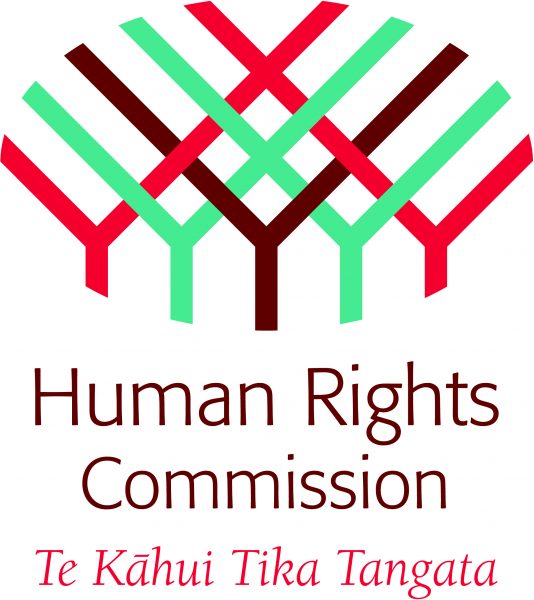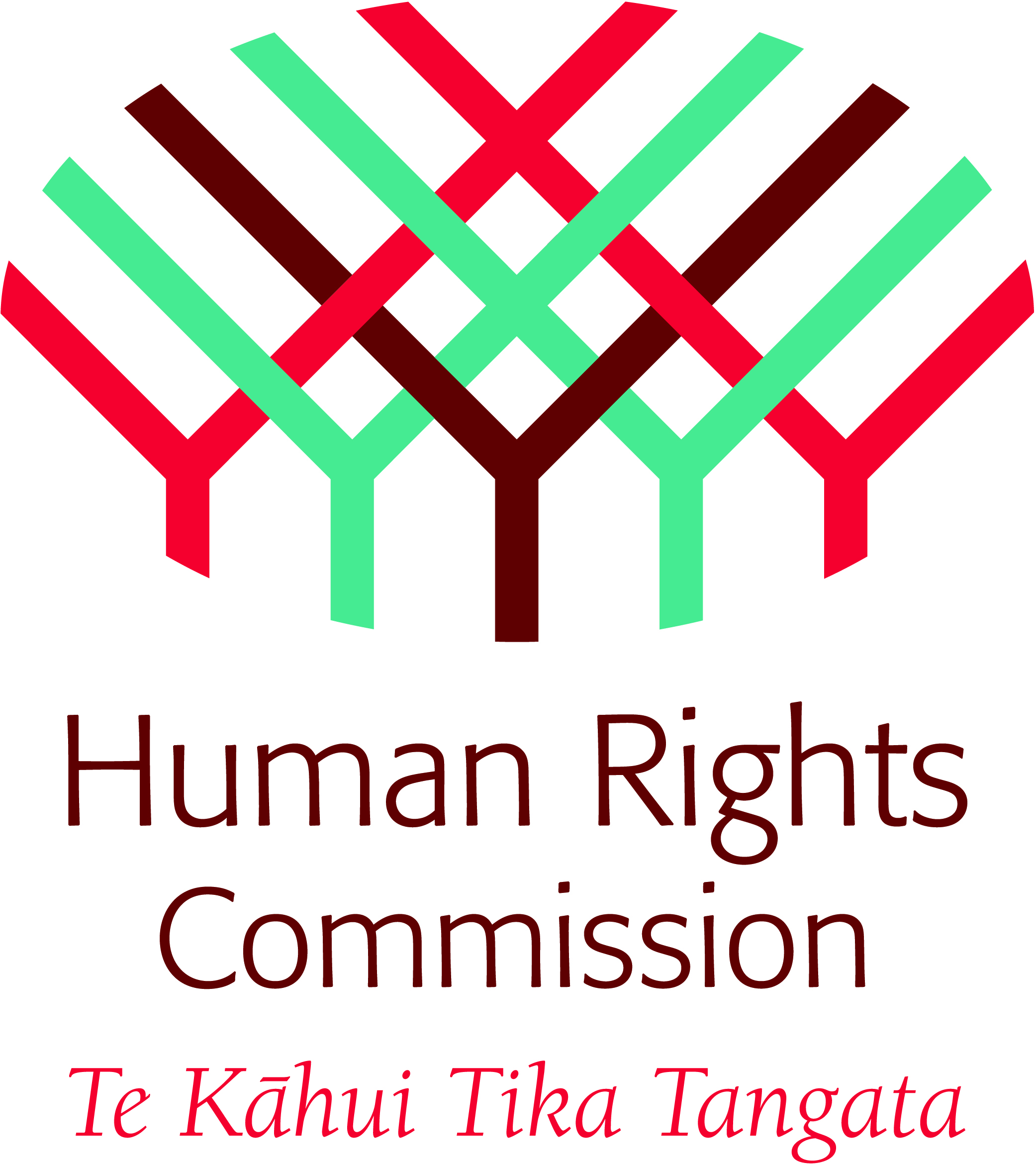
The Human Rights Commission, in celebrating the 30 years of the Homosexual Law Reform Act, says it would be supportive of the Government ensuring those convicted for activity legalised by the Act, have their human rights restored.
Human Rights Commissioner Richard Tankersley says that 30 years on from the passing of the act, the time is right for the Government to consider action.
“The passing of the Homosexual Law Reform Act was a landmark for human rights and justice in New Zealand. With the rest of the Human Rights Commission, I am thrilled to be celebrating this important milestone along with the LGBTIQ communities of NZ and their friends and supporters.
“As a newly-out activist at the time of the campaign, I have to say that the 1985-86 demonstrations were by far the scariest and most disturbing with opposition to the Bill being hateful, vicious and frequently directed personally at individuals.
“Passing the Act required immense courage from the communities, MPs and people from the wider community who stuck their necks out for what was right – it’s important that we acknowledge those heroes,” Mr Tankersley says.
In celebration of that occasion, the Commission has said it would welcome the Government issuing an apology to those people who were convicted for activity that would be lawful today.
“We would encourage the Government to start a restitution process, such as a ministerial inquiry, that would see all pre-Act conviction files reviewed to identify those who received a conviction for what would now be lawful under the Act,” Mr Tankersley says.
“This would enable the Government to take proactive steps to pardon [or void the conviction] of those people and avoid a reactive case-by-case decision-making process, which would likely be a drawn-out, costly and difficult process for these people and their families.”
“The passing of the Act was a major step forward for human rights for LGBTIQ people, however, given that Part II of the Bill which covered Human Rights provisions was lost, it was just the start.”
Sexual orientation was only included as a grounds in the anti-discrimination provisions of the Human Rights Act in 1993, Civil Unions in 2004 and Marriage Equality in 2013.
“There are still outstanding human rights issues for LGBTIQ communities, including identity documentation, access to healthcare and safe housing in custody for trans* people, non-consensual genital normalisation for intersex children, and inclusive gender-neutral toilets and changing facilities for everyone.
“We look forward to a New Zealand where everyone is able to participate equally and fully in society without being hampered by fear, prejudice or lack of understanding,” Mr Tankersley says.






Now how about the Human Rights Commission doing something for people who use cannabis?
Comments are closed.